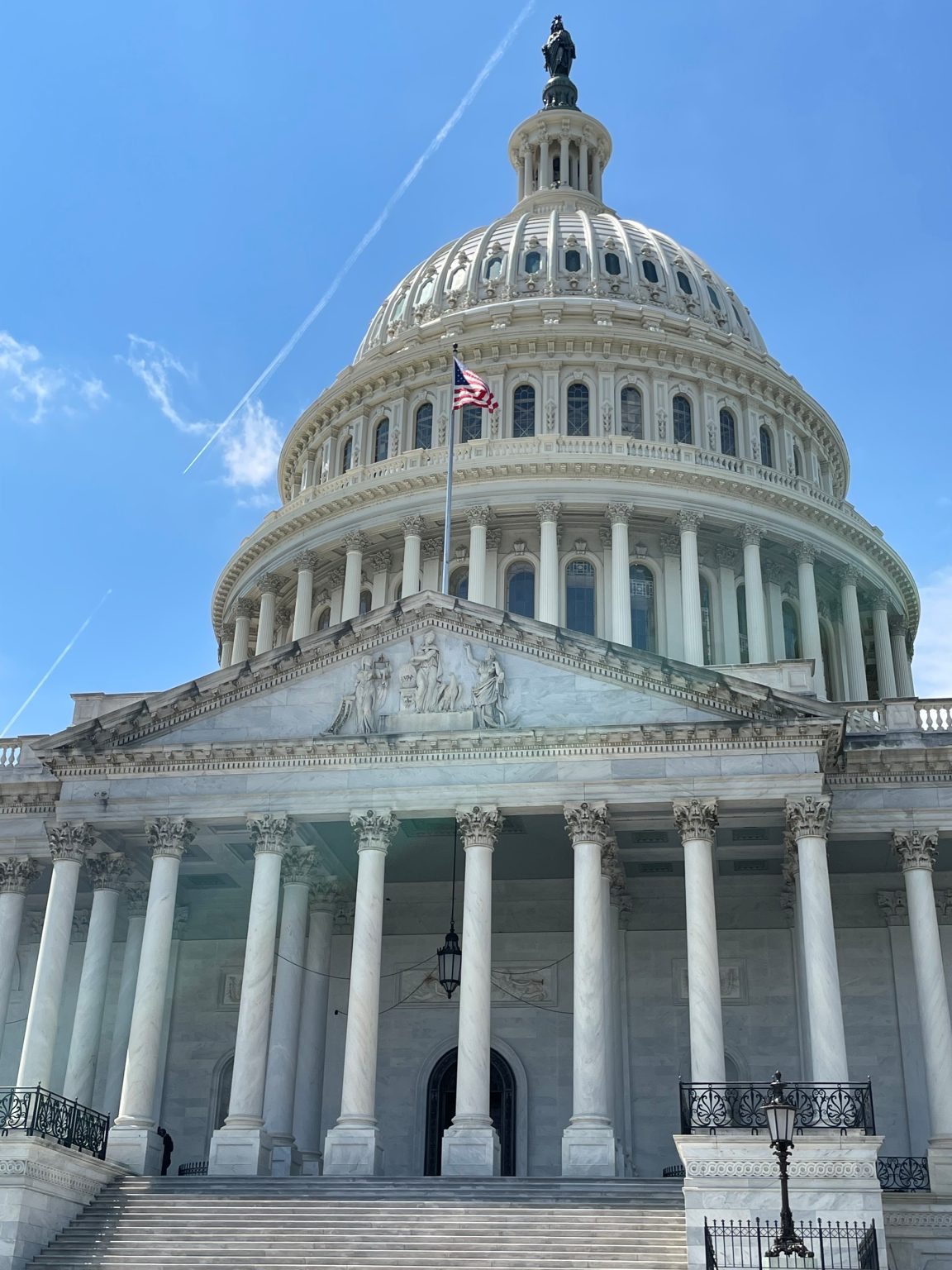Advocacy Update – OBBB

At the beginning of July, Congress passed the budget reconciliation bill, which was then signed into law. This is the One Big Beautiful Bill Act (OBBB), which makes changes to the SNAP food assistance program. OBBB also makes cuts to Medicaid and other forms of health care. Throughout any potential public policy changes, The Idaho Foodbank will advocate for the people we serve and support safety net programming for people in need. We are always concerned when there are additional barriers for people in need of food assistance.
The OBBB eliminates the Nutrition Education and Obesity Prevention Grant Program, which funds SNAP-Ed programs that provide nutrition education and healthy eating classes for SNAP participants.
The OBBB also shifts costs for the funding for SNAP. Currently, the federal government covers 100% of the cost of SNAP benefits and 50% of the administrative costs in each state. The OBBB has states pay for 75% of the administrative costs for SNAP. When a state has a SNAP error rate of 6% or higher, that state will pay for a portion of the cost of the SNAP benefits (up to 15% of those costs). At this time, Idaho’s SNAP error rate is 3.4 percent.
SNAP currently includes work requirements and phases out benefits as income rises. The OBB also increases the number of individuals subject to time limits on their SNAP benefits by expanding work, job training, or volunteer requirements that need to be documented with state agencies. Older adults age 55 through age 64 and parents of school-aged children over age 14 will have to meet these work requirements as part of the OBBB. There will no longer be an exemption from work requirements for and there will be new time limits on benefits for veterans, currently homeless individuals, and former foster care youth. Another provision in the OBBB limits future updates to the formula used to set SNAP benefits to reflect rising food costs and the cost of eating a nutritious diet.
There are also several changes and cuts in the OBBB to Medicaid and health care coverage. While this particular bill would not directly impact our operations or the supply of food we have available, cuts to programs like SNAP and Medicaid will increase reliance on nonprofits for our neighbors who are struggling to make ends meet. Throughout any potential public policy changes, The Idaho Foodbank will advocate for the people we serve and support safety net programming for people in need, particularly around food assistance and health care access.
What is the SNAP Error Rate? The individual state payment error rates measure the accuracy of each state’s eligibility and benefit amount determinations. Payment errors include both underpayments and overpayments for a household’s SNAP benefits.


